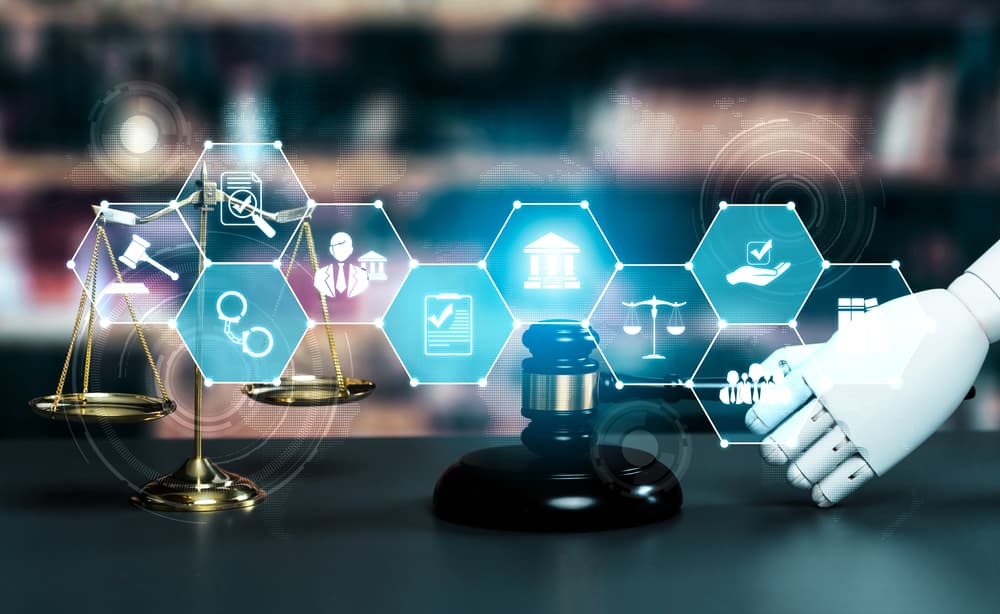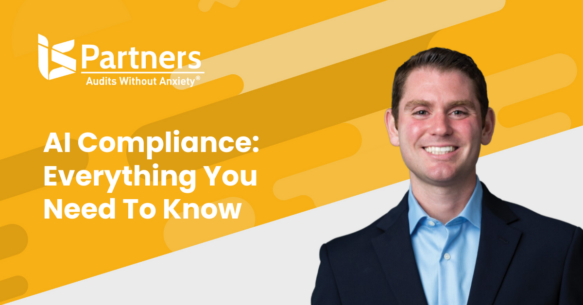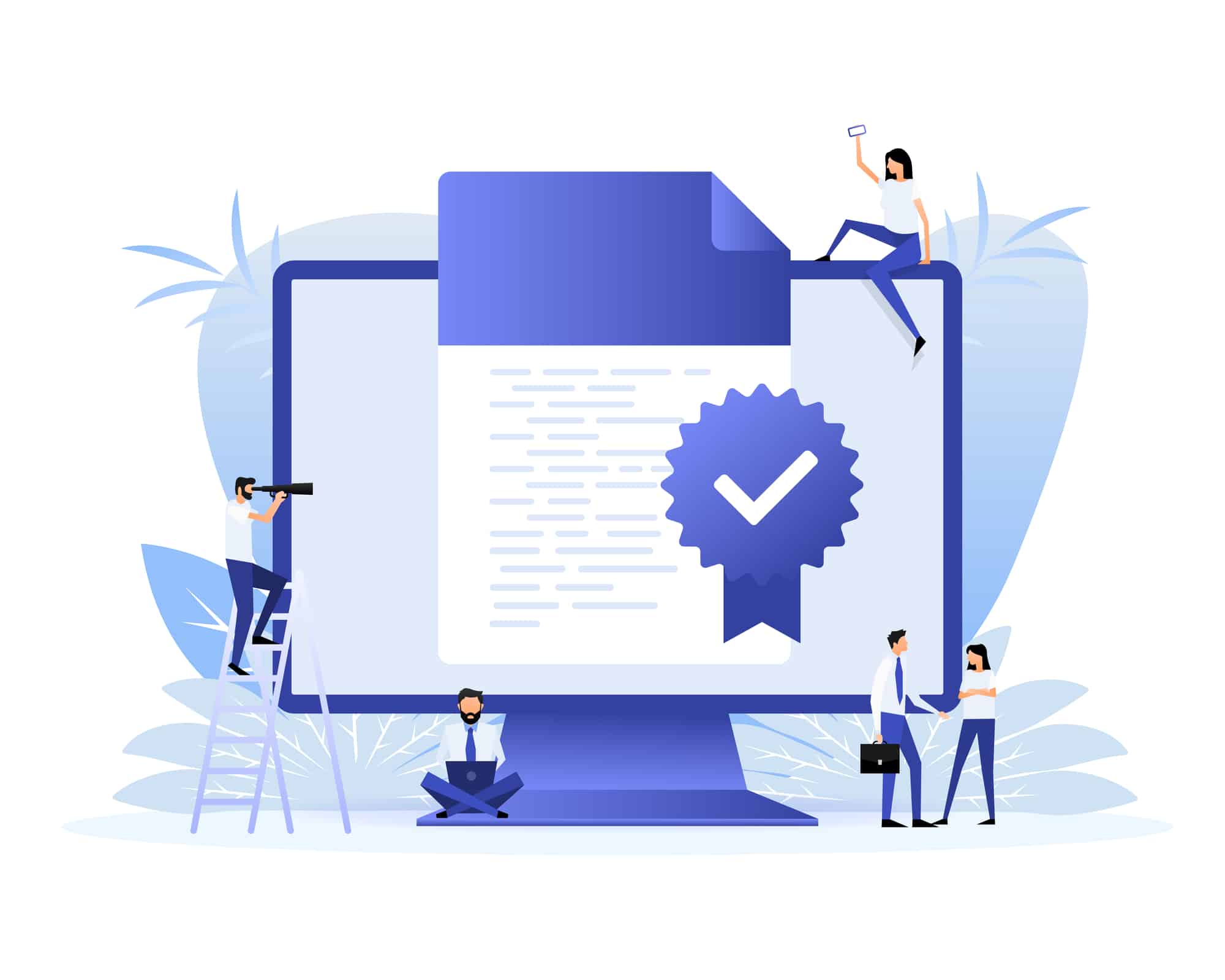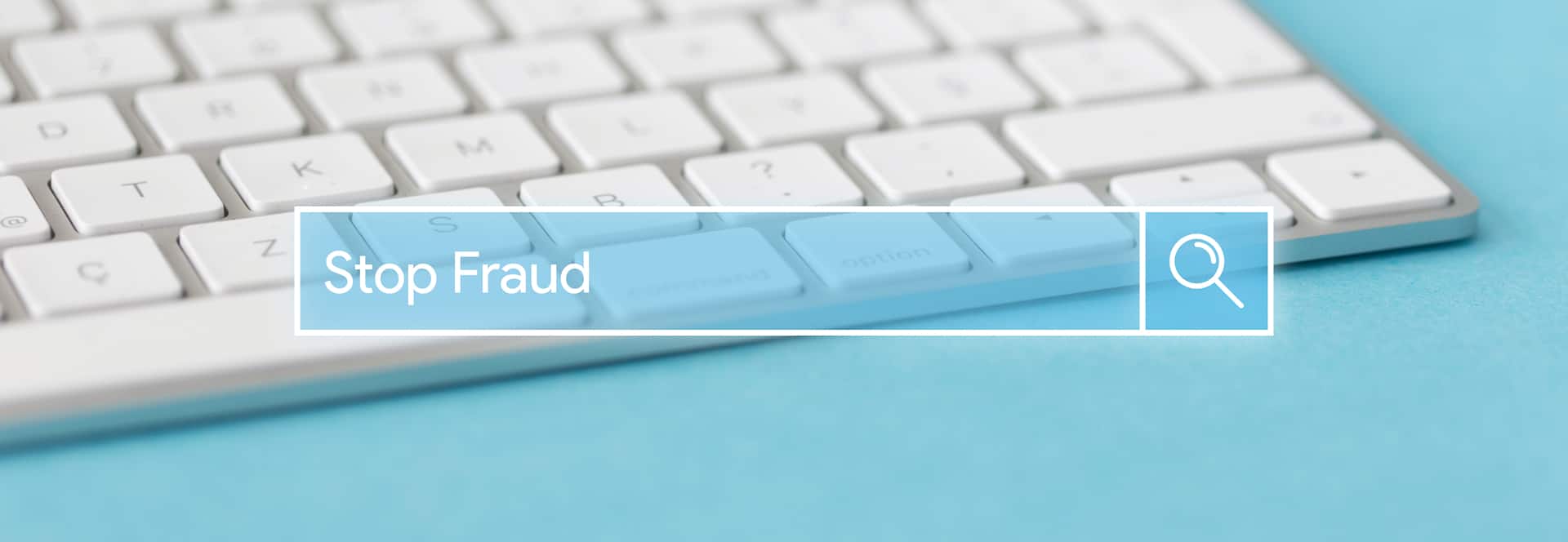Key Takeaways
1. AI compliance ensures that AI systems adhere to legal requirements, ethical standards, and privacy regulations.
2. Implementing AI compliance involves aligning AI systems with ethical guidelines, industry-specific requirements, and privacy protocols.
3. I.S. Partners has experts who can guide you through implementing the right security measures to ensure AI compliance.
What Is AI Compliance?
AI Compliance refers to the meticulous process of ensuring that AI-driven systems adhere to the plethora of laws and regulations governing their operations. It makes sure that the data used to train AI systems is:
- Legal
- Ethical
- Fair for everyone
- Accurate
- Protects people’s privacy

This, of course, involves a thorough alignment with ethical guidelines and privacy protocols to create a conscientious and lawful utilization of AI within established regulatory frameworks.
Note that one of the main problems it solves is that it verifies that nobody uses AI-powered systems to invade individuals’ privacy or cause any harm to them.
Background On Recent AI Regulations
Let’s explore some of the key AI regulations that have been introduced in different regions and their implication.
1. The EU AI Act
The EU AI Act, or the Artificial Intelligence Act, is a big deal. It’s the first time any place has set concrete rules for using AI. The goal is to make Europe a leader in AI that people can trust. This regulation covers everything from how AI is made to how it’s used and sold.
The European Parliament officially approved the AI Act on March 13, 2024, with an overwhelming majority of 523 votes in favor and only 46 against. This landmark decision on why AI needs to be regulated makes the AI Act the most well-thought-out regulation of AI ever enacted by a major governing body.
2. Digital Personal Data Protection Act
In 2023, the Indian government introduced the Digital Personal Data Protection Act, a new privacy law aimed at safeguarding personal data in the digital realm. This legislation provides a framework for addressing privacy concerns related to AI platforms and other digital technologies.
3. CPRA
In 2023, the California Privacy Rights Act (CPRA) came into full effect, bringing forth new regulations concerning the use of algorithms by certain businesses. Under the CPRA, these businesses must disclose when they employ algorithms to make automated decisions about individuals.
Regulators are currently deliberating on interpreting and enforcing this rule in the context of AI and machine learning. It is expected that businesses covered by the CPRA will need to disclose their use of AI whenever it impacts individuals.
Importance of AI Compliance
The importance of AI compliance monitoring cannot be understated, as the rise of AI usage is increasing daily. Relying solely on AI without oversight can pose significant risks, particularly when decisions become opaque and untraceable.
As AI systems autonomously learn and evolve, their behavior can continuously alter. Consequently, exposure to erroneous data or manipulation by malicious actors may lead to incorrect decisions and operational disruptions.
Therefore, it is imperative to conduct regular audits and evaluations of AI systems to mitigate these risks and ensure their reliability and integrity.
Let’s see why AI regulatory compliance is important:
To Mitigate Risks
AI regulations are still in the early stages; however, it is very clear that there needs to be a regulation in place to protect the people and environment from AI harm.
For example, let’s say a healthcare organization is implementing an AI-powered system to analyze patient data and provide personalized treatment recommendations. However, there is a risk of privacy breaches and discriminatory outcomes without proper compliance measures in place.
This is why, through rigorous testing, monitoring, and validation procedures mandated by AI compliance frameworks, you can identify and mitigate potential risks before they escalate into serious issues.
Protects from biases
AI systems may categorize individuals based on sensitive attributes such as gender or race, leading to discriminatory outcomes.
Predictive policing algorithms that profile individuals based on location or past behavior and systems that attempt to infer emotions in contexts like law enforcement or schools are also susceptible to bias.
Also, AI-driven processes that indiscriminately collect personal data from sources like social media or closed-circuit television (CCTV) can further compound bias issues.
This is why unchecked biases in AI algorithms have far-reaching implications across various sectors, including lending, healthcare, and criminal justice. To address this challenge, compliance measures are essential for identifying and rectifying biases in AI systems.
Improve Accountability
Since ChatGPT took the internet by storm, artificial intelligence is everywhere, offering incredible abilities that once seemed like science fiction. But with great power comes responsibility.
What if a chatbot used in hiring treated people unfairly because of their skin color or gender?
That’s where accountability comes in.
To ensure AI is used fairly and ethically, we need rules and guidelines. This is where AI compliance steps in. It helps regulate how AI is used, making sure it’s fair for everyone.
How Do You Ensure AI compliance?
Here are some steps to ensure AI regulation compliance:
1. Check Your Organization’s Vision
Assess your organization’s overarching vision first. Clearly articulate what responsible AI means for your company. Set specific goals and objectives that embody this vision. These objectives should reflect your organization’s commitment to ethical and sustainable AI practices.
Once you’ve defined these goals, ensure they seamlessly integrate with your broader business strategy.
Make sure to align your AI vision with your overall business strategy for consistency and maximizing the impact of your AI initiatives. You can use AI as a strategic enabler while upholding your company’s values and principles.
2. Develop Policies And Procedures
The next step should be creating clear rules and guidelines for using AI in your company. These policies should be clear for everyone, showing them the right way to use AI to the fullest in a responsible way.
It’s important to ensure that everyone follows the same set of rules, no matter which department or team they’re in. This helps keep everything running smoothly and avoids any confusion or conflicting practices.
However, the problem is that the policies you create will not be set in stone. It’s because the laws and regulations about AI are always changing. So, you need to keep your policies up-to-date.
To help with this, you might want to have team members who monitor compliance. These compliance officers can help ensure you stay on track and follow all the right guidelines.
3. Check For Algorithm and Bias
In the past, decisions in areas like hiring, advertising, criminal sentencing, and lending were mainly made by humans and organizations. Laws at various levels ensured these decisions were fair, transparent, and equitable.
Fast forward to today, and many of these decisions are influenced by algorithms—machines that promise efficiency through their vast data analysis capabilities. These algorithms, fueled by extensive macro- and micro-data, impact various tasks, from suggesting movies to assessing individual creditworthiness for banks.
Now, you need to watch for bias and discrimination regarding these algorithms. You must regularly assess and monitor them to ensure they make fair and unbiased decisions. To tackle any detected bias, you can implement measures like re-sampling, re-weighting, or even adversarial training techniques.
Another important aspect is making sure that your AI models are trained on diverse and representative datasets. This helps prevent the algorithms from inadvertently favoring certain groups over others.
4. Implement Strong Security Protocols
Security isn’t a one-and-done deal. You need to stay on top of things by regularly checking for weak spots. That means conducting vulnerability assessments and penetration testing to see if there are any chinks in your digital armor.
Of course, your employees are a big part of the security puzzle, too. Make sure they know the ins and outs of AI-related security risks and how to avoid them. A little training can go a long way in keeping your systems safe from human error.
5. Create A Reporting Process
You need to establish a clear reporting process for monitoring all your AI systems. This means creating a simple way to keep track of everything going on with your AI tools. Why is this important? Well, it helps you understand every step of the way during the audit.
Transparency is key here. When you have a reporting process, you can show exactly what your AI systems are doing and how they’re doing it. This not only helps you keep tabs on their performance but also allows you to spot any issues or biases that might arise.
6. Protect Your Intellectual Property (IP) Rights
Use legal mechanisms like patents and copyrights to safeguard your AI-related assets. This way, you can keep your hard work safe from any would-be copycats.
If you’re using third-party software, data, or algorithms in your AI work, make sure you have the proper licenses. This keeps you legally clear and avoids any messy situations down the road.
7. Continuous Monitoring
Implement a system for continuously monitoring how well your AI systems are doing. Learn from your experiences, keep an eye on new rules or regulations, and stay on top of the latest ethical considerations.
If you notice something isn’t quite right, don’t be afraid to make changes. Regularly reassess your AI compliance program to see if you can do anything to improve it. After all, the world of AI is always evolving, and it pays to stay ahead of the curve.
8. Stay In The Loop About Any New Laws Or Regulations
Conduct regular audits to make sure you’re playing by the law. This means checking your AI practices to ensure they align with the latest legal requirements.
Get some backup from legal and compliance experts. They know their stuff when it comes to navigating the sometimes murky waters of AI regulations. So don’t be afraid to lean on their expertise to help you stay on the right side of the law.

What Are the Challenges With AI Compliance?
AI compliance poses several challenges that organizations must address, and here are some of them:
- Ethical issues. Ensuring that AI systems are fair and ethical adds a huge layer of complexity. It’s not just about following the regulations; it’s also about doing what’s right for people. But sometimes, it’s hard to know where the line is between what’s legal and what’s ethical.
- Ensuring data privacy. We all want to protect our personal information, but AI systems gobbling up data like hungry monsters make it hard to keep it safe. Compliance with regulations like GDPR is essential but can feel like a never-ending battle.
- Ensuring accountability for users. Who’s responsible when something goes wrong with an AI system? Is it the developer who wrote the code, the company that deployed it, or the AI itself? It’s a tough question with no easy answer.
In the end, overcoming these challenges requires more than just following what’s already been regulated. It requires empathy, understanding, and a commitment to doing what’s right, even when it’s hard.
Overcome challenges with AI compliance with the help of compliance industry experts like I.S. Partners. Get comprehensive and structured audits for the most relevant AI compliance regulations, such as the ISO/IEC 42001. Allow our team to guide you on how to properly implement AI systems in your operations while ensuring data privacy and security.
Ensure AI Compliance With the Help of I.S. Partners
AI, like human judgment, isn’t perfect. Sometimes, algorithms can make unfair or even unsafe decisions, and someone can manipulate them, too.
When humans mess up, there’s usually an investigation, and someone is held accountable, which helps fix unfair decisions and rebuild trust. So, should we expect AI to do the same?
Regulators seem to think so. The GDPR already talks about the right to understand decisions made by algorithms. The EU is pushing for AI systems to be more transparent in order to build trust.
This is where I.S. Partners, along with the team of experienced leaders in IT security, steps in. I.S. Partners provides a full suite of specialized infosec and managed cybersecurity services that will help you get up to speed in getting AI compliance in place, no matter your requirements.
Moreover, the expert team at I.S. Partners is equipped to deliver a prioritized list of practical recommendations to bolster your security defenses with a complete risk assessment and other services.
Schedule a demo meeting today to learn more about AI compliance.




